PPC-PPC management and optimization
AI-powered PPC Management Simplified
Draft a proposal for this job post:
Create a headline for this job post:
How should I approach this job application?
What's a unique opening line for my proposal?
Add some text before the Portfolio links about introducing my self as a PPC campaign manager.
Related Tools
Load More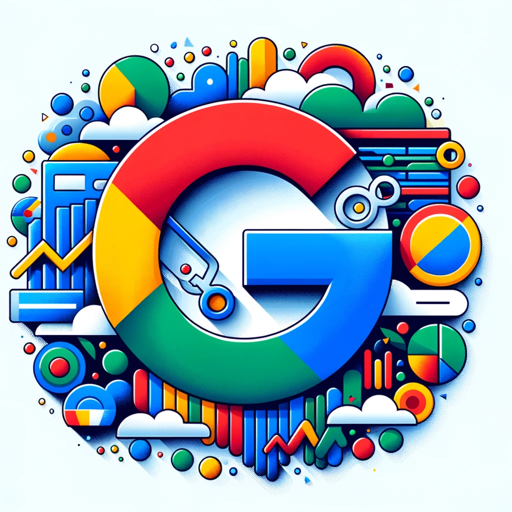
PPC Support and Strategic Advice (by Thomas Eccel)
Expert in Google Ads, Google Analytics and other PPC topics. Focusing on technical support and strategic advice.
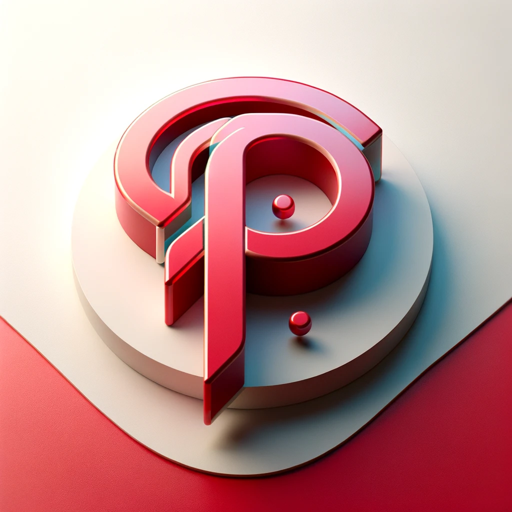
Pinterest Optimization GPT
Create SEO Optimized Pinterest Pins with a compelling Title, Description, Hashtags and keyword rich search terms.

PPC Ads Competitive Intelligence
Discover what ads your competitors are running on Facebook Ads and Google Ads for free. The information is sourced directly from the Google Ads Transparency Center and the Facebook Ad Library. After signing in, go straight to Step 2 "Complete Authenticati
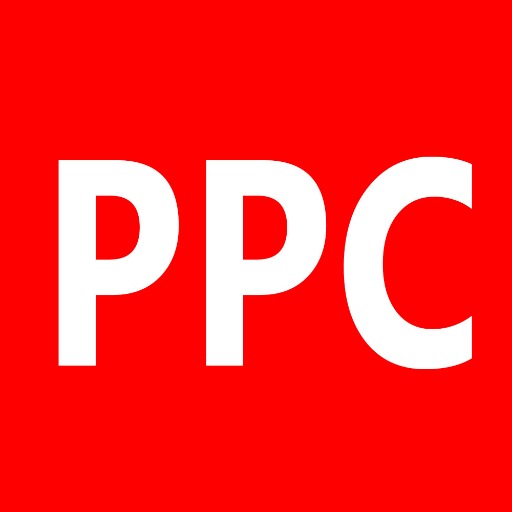
PPC+
Expert knowledgebase about lead gen. Search Ads: 🎯Target & 🔄Optimize. Assistance in Google Ads creation and B2B specific optimization + SAAS ezpertize.
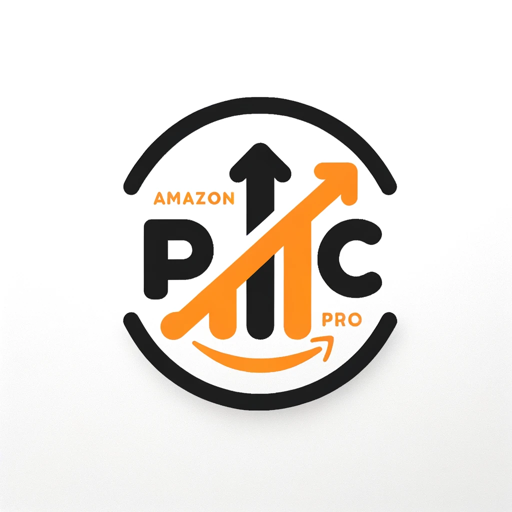
PPC Pro | Amazon Advertising Specialist
Advanced Amazon strategist, offering expert guidance on advertising strategies for Sponsored Products, Brands and Display ads. Applications of Keyword Research to PPC strategies.
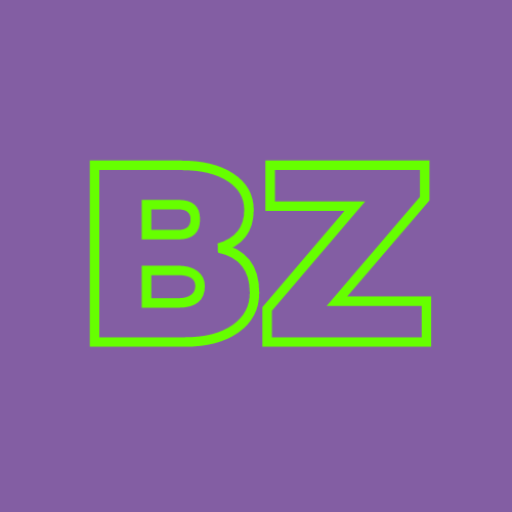
PPC Campaign Creator
I will generate a full PPC campaign for you. Simply copy and paste the copy of your homepage here. Video: https://youtu.be/ci-q_zkDii0
20.0 / 5 (200 votes)
Understanding PPC (Pay-Per-Click)
Pay-Per-Click (PPC) is a digital advertising model where advertisers pay a fee each time their ad is clicked. Essentially, it's a way of buying visits to your site, rather than attempting to 'earn' those visits organically. PPC ads are typically displayed on search engines, social media platforms, and various websites. These ads can appear as sponsored search results on Google, display ads on websites, or promoted posts on social media platforms. The primary goal of PPC is to drive targeted traffic to a website to increase visibility, generate leads, or boost sales. For example, a small business selling handmade jewelry might use Google Ads to display their products when users search for 'unique handmade jewelry,' paying only when a user clicks on their ad.

Key Functions of PPC
Keyword Targeting
Example
An e-commerce store specializing in fitness gear can target keywords like 'buy running shoes' or 'best yoga mats.'
Scenario
When users search for these terms, the store's ads appear in the search results, increasing the likelihood of clicks and conversions.
Audience Targeting
Example
A travel agency can target ads to users who have previously searched for vacation destinations or visited travel blogs.
Scenario
By showing ads to this specific audience, the travel agency can attract users who are more likely to book a trip.
Remarketing
Example
An online retailer can show ads to users who have added items to their cart but did not complete the purchase.
Scenario
These ads remind users of their abandoned carts, encouraging them to return and complete the purchase.
Ideal Users of PPC Services
Small to Medium-Sized Businesses (SMBs)
SMBs benefit from PPC as it allows them to compete with larger companies by targeting specific keywords and demographics. With limited marketing budgets, PPC provides measurable results and a clear return on investment.
E-Commerce Businesses
E-commerce businesses use PPC to drive targeted traffic to their product pages. By targeting users actively searching for specific products, these businesses can increase sales and customer acquisition cost-effectively.

How to Use PPC
Visit aichatonline.org
Access a free trial without login and no need for ChatGPT Plus.
Create a query
Formulate a detailed and specific question or request to get the most accurate response.
Submit your query
Enter your question into the provided field and click the submit button to process your request.
Review the response
Carefully read the response provided by PPC to ensure it meets your needs.
Refine if necessary
If the response needs adjustment, refine your question and resubmit for improved results.
Try other advanced and practical GPTs
BookGPT 1.1 by Giacomo Bruno
AI-powered tool for writing training books and manuals.

SMMBuddy (Trailblazer package)
AI-powered Social Media Strategy Assistant

Code Wizard
Empower your coding with AI-driven precision.

ChibiDiva 2.0
AI-powered Chibi Art Creation

Caption Writer
AI-Powered Caption Generation for All Your Needs

Proofreader Pal
AI-powered proofreader for economic research.

WriteCopy
AI-Powered Writing for All Your Needs

CX Sales Bot 2024
AI-Powered Sales Assistance
AnimationGPT
AI-Powered Animation Creation Tool

Alfahess Worker
AI-driven insights for smarter trading.

カッパ GPT
AI-powered content creation made easy.

【俗人六哥】Midjourney翻译助手
AI-powered Image Description Enhancer

- Marketing
- E-commerce
- Lead Generation
- Advertising
- Brand Awareness
Common Questions about PPC
What is PPC?
PPC, or Pay-Per-Click, is a model of internet marketing where advertisers pay a fee each time one of their ads is clicked. It’s a way of buying visits to your site, rather than attempting to earn those visits organically.
How can PPC benefit my business?
PPC can drive targeted traffic to your website, increase brand awareness, and generate leads or sales quickly. It offers measurable ROI and precise targeting options.
What platforms support PPC advertising?
Major platforms include Google Ads, Bing Ads, Facebook Ads, Instagram Ads, LinkedIn Ads, and Twitter Ads, each offering unique targeting and ad formats.
What is the difference between PPC and SEO?
PPC involves paying for ad placements on search engines and social media platforms, providing immediate traffic. SEO focuses on organic traffic through optimizing website content and structure for search engines, offering long-term benefits.
How do I measure PPC success?
Success can be measured through various metrics such as click-through rate (CTR), conversion rate, cost per click (CPC), return on ad spend (ROAS), and overall ROI.